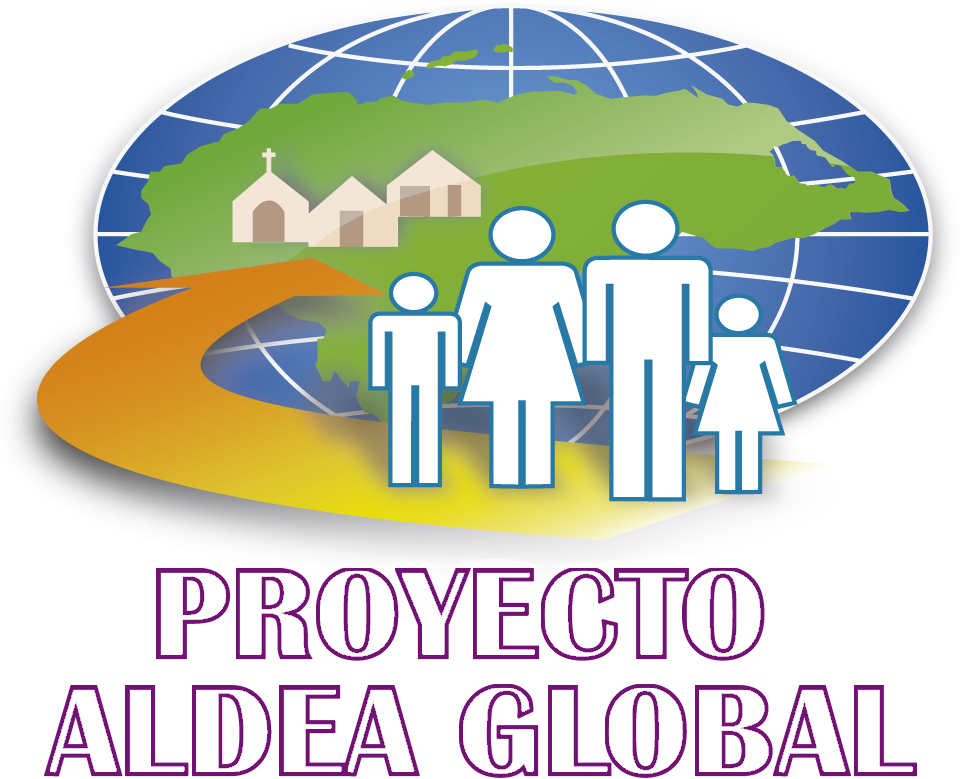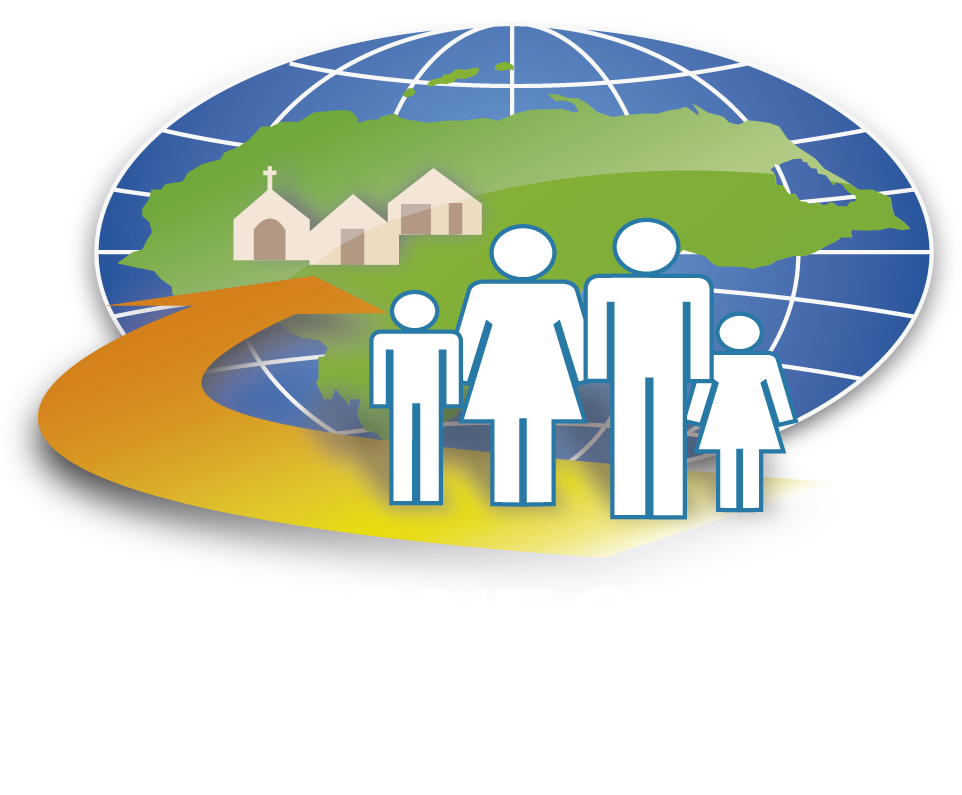
Honduras has been trying to improve its LM1 indicators for many years. In 2006 the CONALMA2 initiative was born with the support of UNICEF3 and INCAP4, which has been chaired by the Secretary of Health and supported by the Medical College, the Association of Pediatrics, Municipalities, among others. For 2009, it had a greater impetus with the creation of the IHAN5, the Maternal and Child being one of the forerunners of this initiative.
Currently, the UNAH6 Observatory and the OMS7 report that 31% of infants younger than 6 months have LME8, and of these, 79% are breastfed in the first hours after birth.
Since 2015, other government initiatives have been born, such as the Raising with Love Program, which aims to: “strengthen values in the family for the comprehensive development of children, improving attention to the needs of social protection in a timely and efficient manner in its early childhood. This is implemented by a selected group of institutional employees, called family guides through the "Better Families and Better Life" strategy.
It began its first steps in primary health care in 1987, with only 12 communities. It currently has 405 communities, of which 120 are monitored through SESAL's9 strategy, AIN-C10, which began around the year 2000. It then improved its growth measurement standards in 2009 with the support of OPS11.
This strategy is based on the participation of the family, the community, and local authorities in the comprehensive care of children under the age of two. Its strengths are the education of volunteer health leaders (called Monitors) and mothers and fathers of children under the age of two. This strategy is based on the management of local resources to improve infant care, from before birth, tends to empower the family and its leadership in the responsibilities of the development and growth of the child, of learning topics such as Pregnancy, Postpartum, Warning Signs, Newborn care, SCI, Complementary Feeding, Vaccination, Supplementation, Stimulation, growth monitoring, and P / F.
PAG12, in addition to this strategy, has accompanied the breastfeeding family, with food security initiatives through agriculture, small animal projects, water and sanitation programs, community organization, microcredits, and the FCM13 strategy, which supports mothers with access to medicines in the national basic table.
In the Comayagua county, in 2005, according to ENDESA14, the exclusive breastfeeding was 26% for children under 2 years of age, since then it has improved to 66%, with an average of 5 to 6 months duration before the introduction of complementary feeding and 81% of breastfeeding plus complementary feeding after 6 months in children under 2 years.
Women of childbearing age and pregnant women have also been approached with group and face-to-face counseling, an average of 700 women per year.
PAG has directed its efforts in three important areas:
Its methodologies are:
PAG feels the responsibility to protect and promote breastfeeding despite theCOVID-19 emergency Honduras and it has reaped the worthwhile efforts of many years of teaching health volunteer leaders.
Mothers improve their experience of breastfeeding with practice, not so much with theories and those who show them that breastfeeding gives life, you must believe it, to achieve success for a sensitive, fair Honduras and with happy children!
